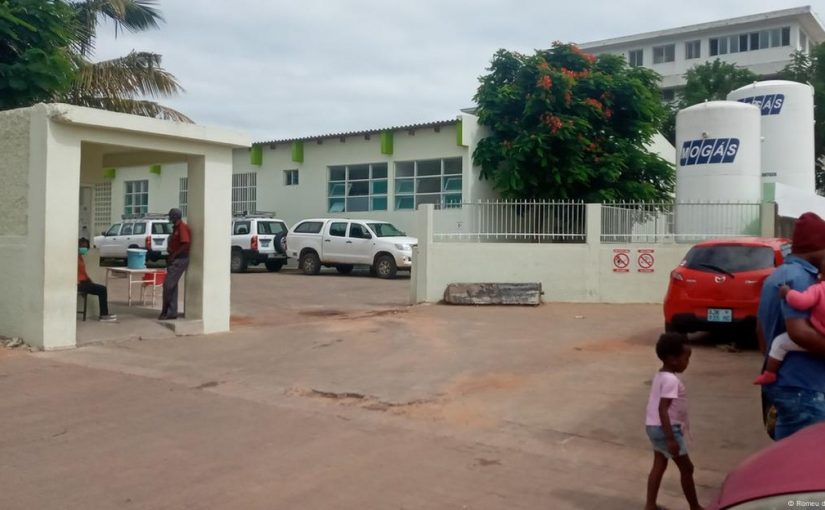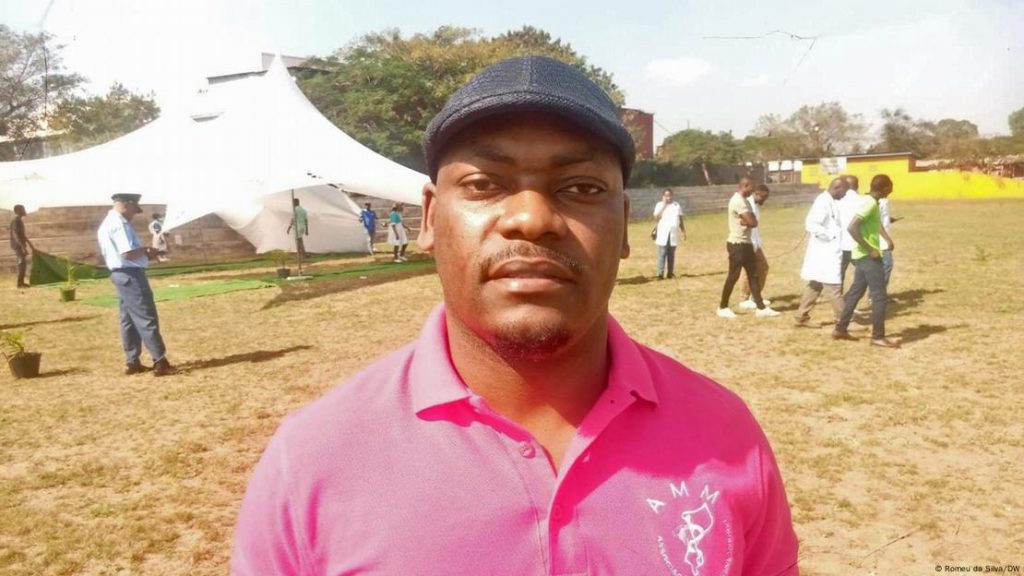Mozambique: EUMAM MOZ has a new Gender Advisor
Medical Association leader explains what drove overwhelmed doctors to exhaustion, as another strike looms in Mozambique

FILE - For illustration purposes only. [File photo: DW]
Mozambican doctors are threatening to strike again, accusing the government of “neglecting” to resolve the sector’s problems.
The Mozambican health sector is expected to see strike action again, starting next Monday (29/07). The Mozambican Medical Association (AMM) has threatened to go on strike for 21 days, extendable if an agreement with the government is not reached.
The doctors are demanding, among other things, better working conditions and overtime pay for professionals in the field.
The strike is expected to take place at a time when hospitals in the Mozambican capital are already facing serious problems, with a lack of essential medicines and food for patients and even water in some services, according to recent reports from users.
In an interview with DW, the president of the Mozambican Medical Association, Napoleão Henrique Viola, speaks about the government’s failure to comply with several points of demand since the last agreement was signed.
DW Africa: Can you confirm the start of the strike and what is at stake?

Napoleão Henrique Viola (NHV): The medical profession will effectively go on strike from 7:00 a.m. on July 29. This strike will last 21 days, extendable depending on the assessment that will be made after 21 days.
This strike follows the pause in dialogue over the last six months. After last year’s strike, the Mozambican Medical Association and the government reached an agreement. There were a number of aspects that should have been met during this period; there was also a need to deepen the dialogue on certain matters that were not the subject of consensus in August 2023, when the second phase of our third strike ended.
Since there was no dialogue or openness on the part of the government to resolve the situation, unfortunately the Medical Association was forced to call a halt of activities again, because the government did not deign to sit down with the Medical Association to discuss the matters and find solutions to the current problems.
DW Africa: What could prevent the strike from taking place?
NHV: The strike can only be prevented by complying with what was agreed, I think that is essential.
The agreement provided for the improvement of working conditions in our health units, which currently have a shortage of basic medicines – I’m talking about basic antibiotics, basic painkillers, important serums and dextrose, which is very important in cases of hypoglycaemia. If it is not given immediately, a patient can die. There is a lack of laboratory resources to make the diagnosis and there is also the exhaustion of doctors.
We also have the problem of overtime pay. Overtime should be paid the following month, but it is the state itself that is not complying with the provisions of the law.
DW Africa: If, under normal circumstances, hospitals face serious problems. Imagine with the strike. How does the association feel in this situation?
NHV: The population itself has to understand that doctors do this because they are overwhelmed. There is nothing worse than having a completely exhausted doctor in front of you, who is not in a psychological condition to provide dignified and correct treatment, in accordance with what medical science prescribes.
DW Africa: In this case, who is responsible?
NHV: It is the government’s responsibility, insofar as the government has a social contract with society to provide health services. But obviously, knowing the responsibility we have in society, we will guarantee minimum services in all health units, so that no patient loses their life or suffers irreversible complications due to health problems.












Leave a Reply
Be the First to Comment!
You must be logged in to post a comment.
You must be logged in to post a comment.